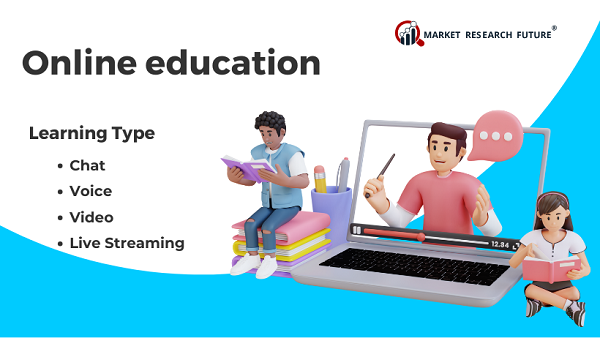Introduction to Online Education
Online education has revolutionized the way learners access knowledge, breaking geographical barriers and offering flexible learning options. With advancements in internet technology, students from around the world can enroll in courses offered by top universities and institutions without leaving their homes. This mode of learning provides opportunities for both formal education and skill development, catering to diverse needs. It is especially beneficial for working professionals, stay-at-home parents, and those in remote areas. Online education typically includes video lectures, interactive quizzes, discussion forums, and digital resources, making learning engaging and accessible. Its affordability, convenience, and wide range of courses have contributed to its rapid growth, fundamentally changing traditional educational models.
Advantages of Online Learning
Online education offers numerous benefits that appeal to modern learners. Flexibility is a key advantage, enabling students to study at their own pace and schedule, balancing education with personal and professional commitments. It also provides access to a vast array of courses and programs that may not be available locally, expanding educational horizons. Cost-effectiveness is another benefit, often reducing expenses related to commuting, accommodation, and campus facilities. Additionally, online platforms foster self-discipline and time management skills. Interactive tools like forums, video conferencing, and multimedia resources enhance engagement and understanding. Overall, online education empowers learners to customize their learning experience while gaining skills necessary for today’s competitive job market.
Challenges Faced by Online Education
Despite its many advantages, online education faces significant challenges that can impact its effectiveness. Technical issues such as unreliable internet connections and lack of access to devices hinder participation for some students. Additionally, the absence of face-to-face interaction can affect student motivation and engagement, leading to feelings of isolation. Assessing student performance fairly and accurately is complex in an online environment, raising concerns about academic integrity. Furthermore, not all learners possess the self-discipline required for independent study. Institutions must also invest in robust digital infrastructure and training for educators to ensure quality education. Addressing these challenges is crucial for the sustained growth and credibility of online learning platforms.
The Future of Online Education
The future of online education looks promising, with technological innovations driving its evolution. Artificial intelligence, virtual reality, and augmented reality are set to create more immersive and personalized learning experiences. As technology becomes more accessible, online education is expected to become even more inclusive, reaching marginalized and underserved populations. Micro-credentials, badges, and modular courses will gain popularity, allowing learners to acquire specific skills quickly and efficiently. Blended learning models combining online and traditional methods will become more common, providing flexible yet interactive education. Governments and institutions are increasingly investing in digital infrastructure, recognizing online education's potential to address global educational disparities. Overall, online education is poised to become an integral part of the future educational landscape, fostering lifelong learning for all.

